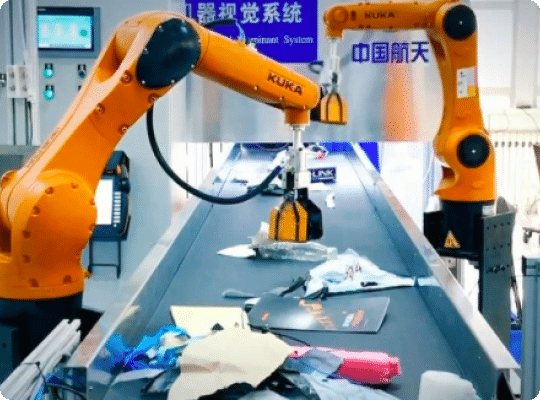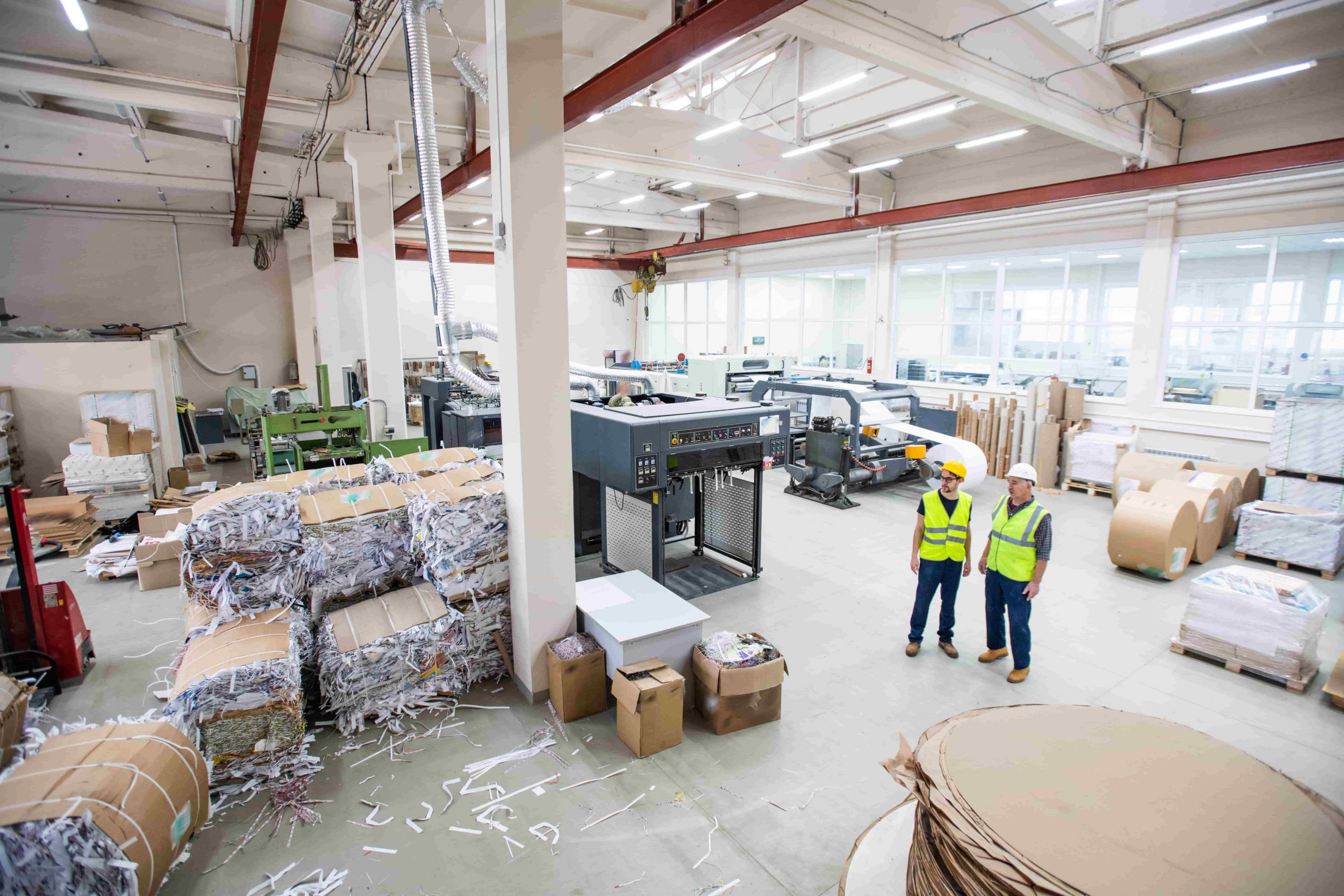Waste & material traceability solution for sustainable facilities

Material handling can come in many forms in front of us. Mainly, it refers to the short-distance movement within a building or between a building and a vehicle. Further, material handling from/to customers involves transforming resources in between. As you can guess, recycling automation and sorting process are typical examples.
On the other hand, discretization refers to the building blocks of an inventory. The system becomes even more traceable if they are being kept in discrete and trackable amounts, such as pallets, parcels, and bags. Every discrete piece is identified and followed through the activities’ chains.
Overall, discretized operations require tight monitoring of the chain of custody. It is vital to know the material’s source, flow, and state at any point during its lifecycle. So accessing a new level of traceability is essential. In this requirement, real-time data is your rescuer. This way, it is possible to end-to-end control of both inbound logistics and outbound logistics.
Luckily, there is a best-in-industry solution for this unique way of traceability in discrete material handling. Evreka’s electronic waste and municipal waste collection process with ALBA WH and Terracycle partnership in recycling facilities and material recovery set excellent examples for the importance of chain of custody of discretized operations.
Watch our new video on the benefits of discrete material handling from/to customers with Evreka. Maximize customer satisfaction with cutting-edge solutions that you efficiently manage while complying with the chain of custody.

• Real-time tracking and operational insights
• Maximum control over material conversion and recycling rates in MRFs and recycling centers
• End-to-end material tracking for recovery
• Advanced inventory management
• Automation and scalability of internal processes
• Reduced demand planning costs per unit of revenue
Learn more
• Increased customer satisfaction with customer self-service, automated workflows, and quicker payments
• Paperless operations
• Streamlining day-to-day actions for maximum productivity
• Decreased administrative workload and planning time
• Consolidation of all data into one system
• Extensive reporting
• Reduced scale turnaround times and associated risks (financial, operational, and H&S)
Learn more
• Create, edit, and deploy customized metrics from one location
• Access to structured data by integrating disparate streams
• Customizable enterprise resource planning (ERP) flow
• Seamless communication between stakeholders
• Minimizing carbon emissions and unnecessary energy usage for the recycling stages
• Overall, sustainable waste management solutions for the circular economy
Learn more
For discrete material handling, customers create orders through the Customer Portal. If it requires a pick-up from the customer location, this order drops before the authorized people and becomes a task. When the pick-up is completed or when the customer arrives for drop-off, the inbound operator of MRF registers the inbound by weighing gross and tare weights, respectively. Afterward, the parcels are registered, keeping their source information for tracking purposes, and material recovery processes start.
Meanwhile, managers and customers can follow order statuses throughout the process and ensure transparency. During this period, the Customer Service Agent also prepares the invoice. When the material recovery is completed, the outbound operators create the transaction records for the recipient customers. The end products are provided to the customer via delivery operations or depot pick-up activities. During all the stages, the system manager evaluates the process by examining the metrics and reports generated with real-time data.
Maximize customer satisfaction while complying with strict chain of custody obligations with real-time tracking.
Request free demo